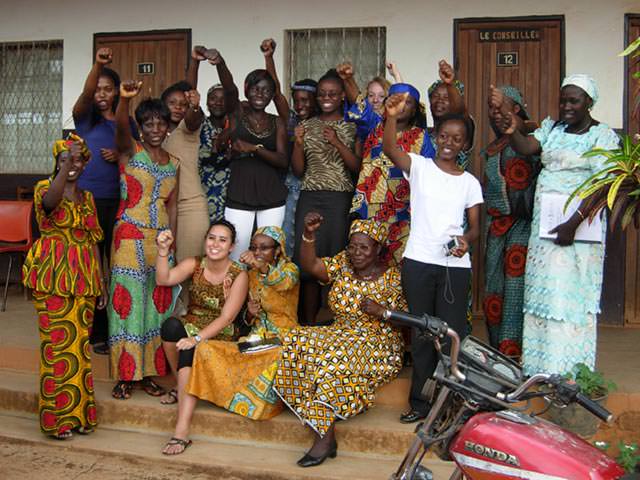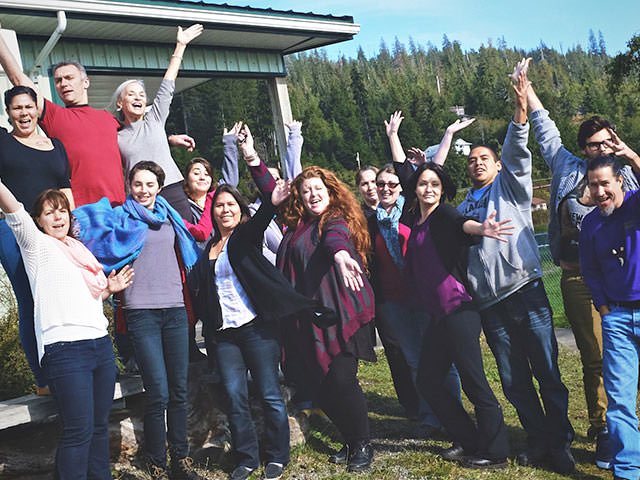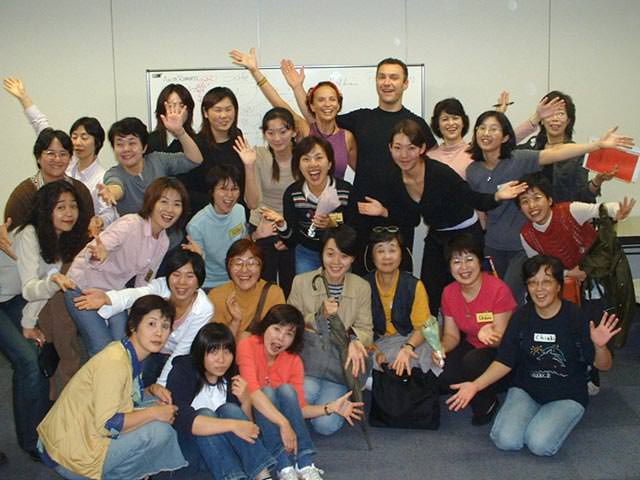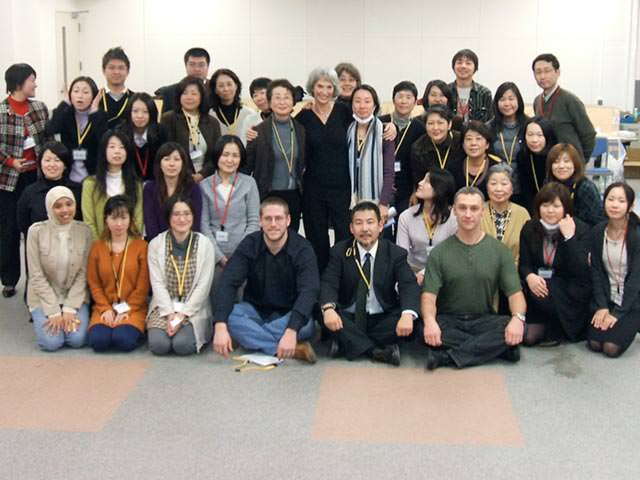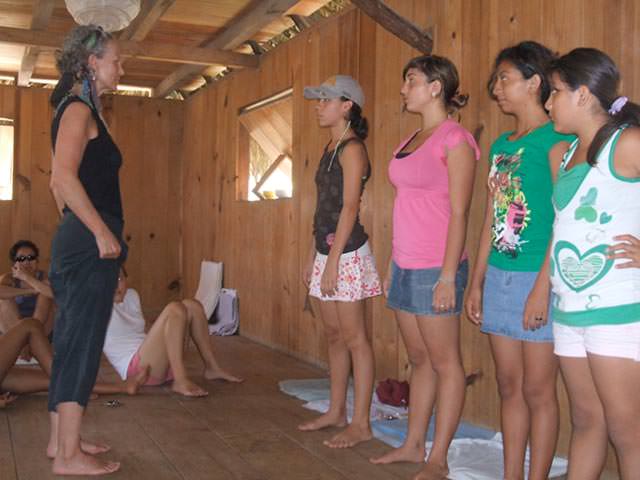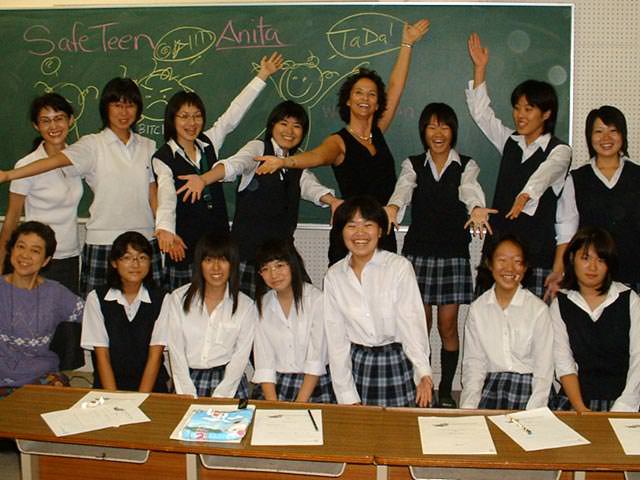Safeteen International
We've delivered trainings on 5 continents!
History of Safeteen
Safeteen founder, Anita Roberts began training women in self-defense in 1976. In 1978 she began teaching a self-defense and assertiveness course through the Vancouver School Board.
Over time, Anita began to understand that for the most part, the adult women she worked with had experienced sexual assault in their teen years or younger. With the intention of shifting the focus from ‘how to fight back’, to the prevention of violence, the Safeteen Youth Assertiveness Model was created and Anita began to work with teenage girls in schools. The newly coined, “Safeteen Program” was endorsed by the Vancouver School Board in 1983.
Working exclusively with girls, Anita became convinced that if violence against women and girls were to end, it was imperative to work with the boy’s as well. In 1993, Roberts partnered with Dr. Aaron White from UBC to develop a program to challenge ‘the code’ of stereotypical masculinity and to de-escalate violence amongst males.
Safeteen has now grown into an internationally recognized program. A team of highly trained facilitators provide up to 25,000 youth per year with the life-changing Safeteen violence prevention model. As a primarily school-based program, we ensure that youth age 11 and up have concrete skills to manage the personal challenges and very real dangers they face on a daily basis. Our programs go a long way towards empowering youth in their social emotional survival, physical, mental and sexual safety.
2014 Research Conclusion on the Efficacy of the Safeteen Program
“This single, 2.5 hour program did significantly impact students’ behaviours and beliefs. Participation in the safeteen program also had a significant impact on students’ spontaneous reactions to hypothetical interpersonal challenges. Indeed, both boys and girls proposed more assertive and less submissive responses to challenging situations following participation in the safeteen program as compared to before the program.”


